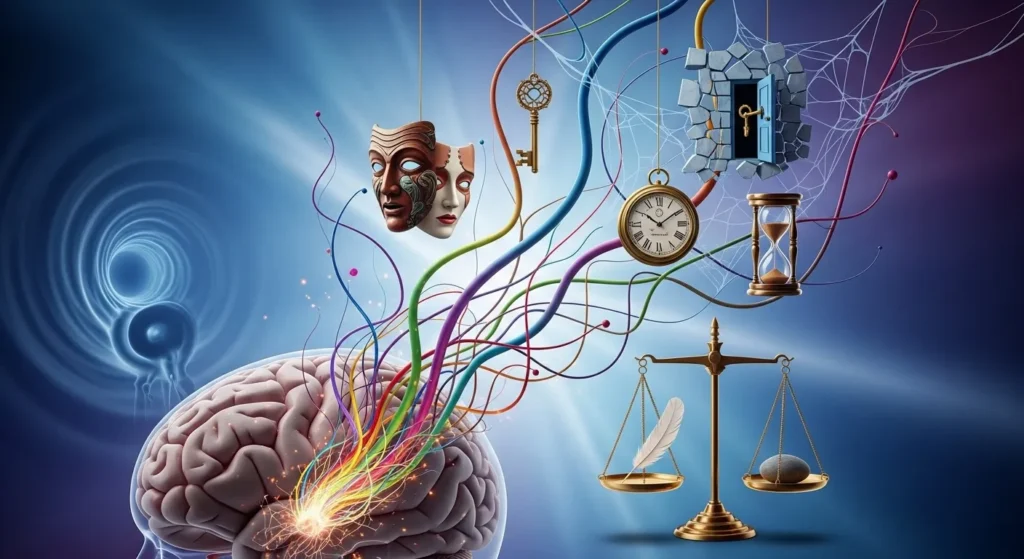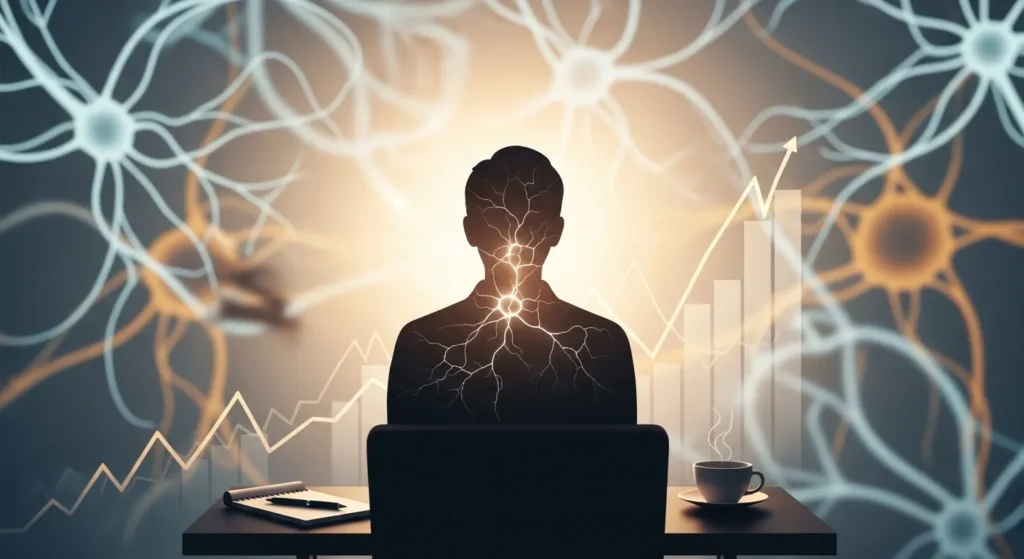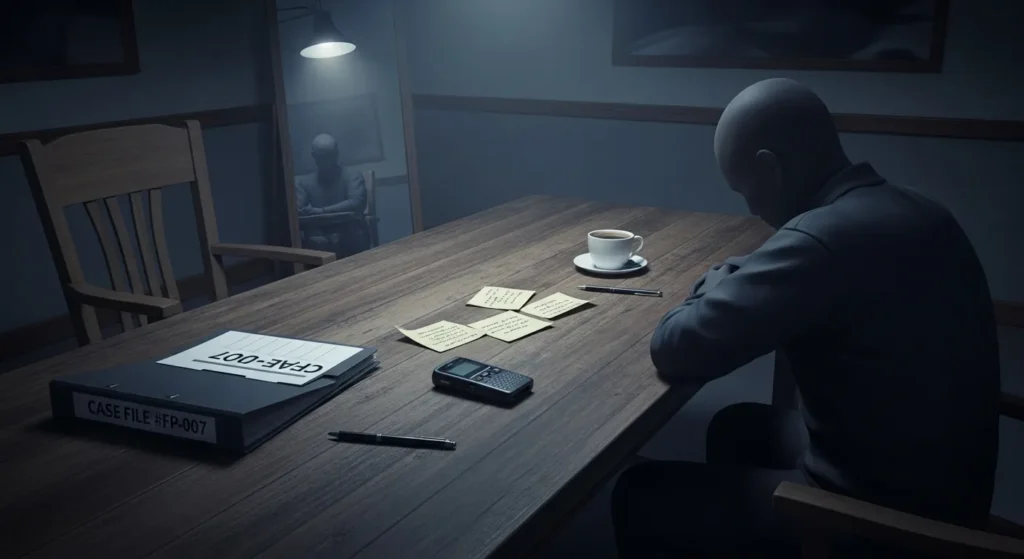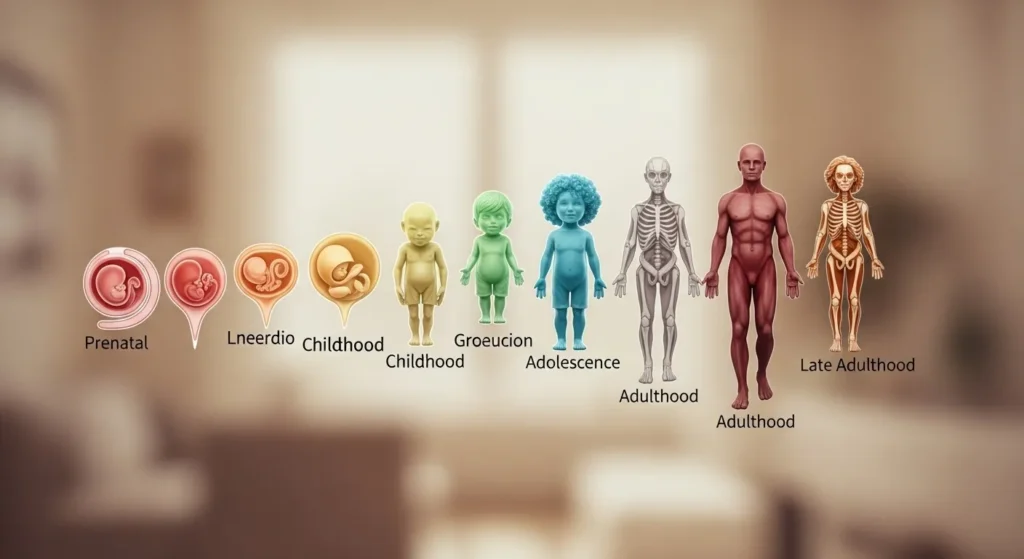Psychology is the study of the mind and how people act. It helps us understand how we think, feel, and make choices. Psychologists ask questions like: Why do we feel sad? What makes us happy? How do we remember things? They study people to find answers and help others.
When I first learned about psychology, I was curious about why people act in certain ways. I found it exciting to know that there are real reasons behind emotions and thoughts. That made me want to learn more and use what I learned to help others.
Types of Psychology

Brief History of Psychology
A long time ago, psychology was part of philosophy. People like Aristotle and Plato asked questions about the mind. But in 1879, a man named Wilhelm Wundt started the first lab to study the mind like science. That’s when psychology became its own field.
Later, other people added more ideas. Sigmund Freud talked about the unconscious mind. B.F. Skinner studied how rewards and punishment change behavior. These ideas helped make psychology what it is today.
Why Study Psychology?
Psychology helps us understand ourselves and others. It teaches us why we feel certain things or why we make certain choices. For example, it can help someone deal with stress or learn how to focus better. This makes life easier and helps us make better decisions.
When I studied psychology, I used it to help myself. I learned how to stay calm during tests. I also helped a friend feel better by really listening. These small things made a big difference in real life.
Psychology’s Relevance in Everyday Life
Psychology is useful every day. It helps us sleep better, handle stress, and make smart choices. It can even help us form good habits and stop bad ones. We use psychology when we work, learn, and talk to others.
For example, teachers use psychology to help kids learn better. Athletes use it to stay focused during games. Businesses use it to understand customers. Even simple things like staying motivated or setting goals use ideas from psychology.
Core Concepts in Psychology
The Mind vs. Behavior
In psychology, the mind is what we think and feel, and behavior is what we do. The mind includes things like ideas, emotions, and memories. Behavior means actions we can see, like talking, laughing, or walking away. Psychologists study both to learn why people act the way they do. A person’s actions can show what they’re thinking or feeling—even if they don’t say it out loud.
I once had a classmate who didn’t talk much. At first, I thought he didn’t want to be friends. Later, I learned he was shy and felt nervous in big groups. That helped me understand how behavior and the mind are connected.
Conscious and Unconscious Processes
Our brains work in two ways: conscious and unconscious. Conscious means we know what’s happening, like making choices or answering a question. Unconscious means it happens without us thinking, like breathing or feeling scared without knowing why. Some thoughts or feelings are hidden deep in our minds, but they still affect us.
One time, I felt nervous before speaking in front of the class, even though I practiced a lot. Later, I remembered I had messed up a speech in the past. That old memory was still in my mind, even if I wasn’t thinking about it. That’s the unconscious mind at work.
Scientific Methods Used in Psychology
Psychologists use science to study people. They ask questions, do research, and look at the results. They may do experiments, interviews, or watch how people act. This helps them understand how the brain and behavior work. They don’t just guess—they look for proof.
In school, I did a small project where we tested if music helped students focus. We had two groups—one with music and one without. The group with soft music did a little better. That showed me how science helps us learn real facts in psychology.
Major Types of Psychology
1. Clinical Psychology

Clinical psychology is about helping people who feel sad, worried, or confused. It looks at why people feel the way they do and helps them feel better. Clinical psychologists talk with people to understand their problems and help them heal.
People in this field can work in hospitals, schools, or private offices. They may help kids, adults, or older people. Some become counselors or therapists who talk to people every week.
They help with problems like anxiety, depression, fears, and other serious mental illnesses. When I visited a mental health clinic, I saw how talking to a kind therapist helped someone smile again. That showed me how powerful this work is.
2. Cognitive Psychology
Cognitive psychology looks at how we think, learn, and remember. It studies things like attention, problem-solving, and making choices. It helps us understand how the brain works when we learn new things.
This type of psychology helps schools, apps, and even video games. I once used a memory trick I learned from a psychology book to help study for a test—and it worked really well!
3. Developmental Psychology
Developmental psychology studies how people grow and change from babies to old age. It looks at how we learn to walk, talk, think, and feel at different ages.
Experts study how kids learn in school or how teens deal with emotions. I once helped a teacher watch how young children play and share toys. It showed me how early habits shape who we become.
4. Social Psychology
Social psychology is about how people act in groups. It looks at how friends, family, and others affect our behavior. Even people we don’t know can change how we act.
A good example is peer pressure—doing something just because others are doing it. Another is the bystander effect, when people don’t help someone in need because they think someone else will. I once saw this happen at school when a classmate fell, and everyone waited for someone else to help.
5. Biological Psychology (Biopsychology)
Biopsychology studies how the brain and body affect how we act. It looks at how the brain sends signals to help us move, feel, and think.
It also studies chemicals in the brain, like dopamine and serotonin, which control mood. I once stayed up too late and felt cranky the next day. That’s because my brain didn’t get the rest it needed to work right!
6. Forensic Psychology

Forensic psychology is where law and psychology come together. These experts help courts understand if someone is thinking clearly. They also help victims of crime feel safe again.
Sometimes they help the police figure out why someone broke the law. I once heard a speaker who worked on real crime cases. It was amazing to learn how psychology helps with solving crimes.
7. Industrial-Organizational Psychology
This type of psychology helps people at work. It looks at how to make jobs better and how to keep workers happy.
These experts help with hiring, training, and building good leaders. I once went to a workshop where we learned how good communication can make teams stronger. It made me think about how important teamwork is at work.
8. Abnormal Psychology
Abnormal psychology is about behavior that is very different or unhealthy. It looks at problems that stop people from living a normal life.
It includes things like OCD, eating disorders, and bipolar disorder. I once read about someone who washed their hands all day because they were afraid of germs. It helped me understand how hard life can be with a disorder—and how psychology can help.
9. Educational Psychology
Educational psychology helps us understand how people learn. It looks at things like memory, attention, and how students stay motivated. Some people learn better by seeing pictures, while others learn by doing activities. This field studies those differences.
Teachers use this kind of psychology to help kids learn better. They might use games, group work, or fun rewards. I once saw a teacher use a reward chart to help students finish their homework. It worked really well!
10. Health Psychology
Health psychology looks at how your mind and body work together. It shows how things like stress or worry can make your body feel sick. For example, stress can cause headaches or stomach pain.
Health psychologists teach people how to deal with stress in healthy ways. Breathing deeply, talking to someone, or going for a walk can help. I used to get nervous before tests, but deep breathing helped me stay calm.
11. Sports Psychology

Sports psychology helps athletes do better in games. It teaches them how to stay focused, confident, and calm. This can help them win and enjoy their sport more.
Athletes use tools like goal-setting and positive thinking. I once saw a soccer player close his eyes and imagine scoring a goal before the game. That kind of practice can really help!
12. Environmental Psychology
Environmental psychology studies how places make us feel. Bright lights, loud sounds, or colors can change our mood. This helps people design better schools, homes, and parks.
Being in nature usually helps people feel calm. I remember walking in a quiet park and feeling more relaxed than when I was in a noisy mall. Even short time in nature can help you feel better.
13. Counseling Psychology
Counseling psychology helps people with everyday problems like stress, family issues, or big life changes. It is different from clinical psychology, which deals with serious mental illness.
The goal of counseling is to help people feel better and make good choices. I met a counselor who worked with kids at school. She helped them talk about their feelings and feel more confident.
The Four Major Branches of Psychology
Clinical Psychology
Clinical psychology is about helping people with mental health problems. This includes things like depression, anxiety, stress, and trauma. Clinical psychologists talk with people to understand what they are feeling and help them feel better through therapy. I once sat in a session with a clinical psychologist during my college internship—it was amazing to see how one conversation could help someone open up.
They work in places like hospitals, schools, or private clinics. They also help people handle big life changes like losing a loved one or going through a hard time.
Cognitive Psychology
Cognitive psychology is the study of how our brain works. It looks at things like memory, problem-solving, and how we make decisions. I remember using simple memory tricks I learned from cognitive psychology to study for exams—it really worked!
This kind of psychology helps teachers, doctors, and even app makers understand how people think and learn best. It’s all about what’s going on in your mind every day.
Developmental Psychology

Developmental psychology looks at how people grow and change through life. It covers every stage—babies, kids, teens, adults, and even old age. When my little cousin started talking, I could see the exact stages I read about in my psychology class.
Experts in this field help parents and teachers understand what’s normal for each age. They also help kids who might need extra support in growing or learning.
Social Psychology
Social psychology is about how we act when we’re around other people. It studies things like peer pressure, teamwork, bullying, and how groups can affect our choices. I once changed my answer in class just because everyone else picked something else—that’s social psychology at work!
This branch helps us understand group behavior, why we follow trends, and even how ads and social media can change how we think.
FAQs (Frequently Asked Questions)
What are the 4 types of psychology?
There are four big types of psychology. Clinical psychology helps people with problems like stress, sadness, or fear. Cognitive psychology is about how we think, learn, and remember. Developmental psychology studies how people grow and change over time—from babies to adults. Social psychology looks at how people act in groups or when others are around.
What are the main subfields of psychology?
Psychology has many parts, called subfields. Each one looks at something different. Some study how the brain works. Others look at how kids learn in school, how stress affects the body, or how people act at work. These areas help us understand thoughts, feelings, and behaviors in different ways.
Is psychology a science or art?
Psychology is a science because it uses research and tests to learn how people think and act. But it also feels like art because helping someone takes kindness and care. A good psychologist needs to understand people and know how to listen. So, psychology is both science and art.
How many types of psychology exist?
There are many types of psychology. Some people say there are 7, others say 10 or even more. That’s because new areas keep growing. There are types for learning, health, the brain, work, and even sports. All of them help us learn more about the mind and behavior.
Conclusion
Psychology is important because it helps us understand how people think, feel, and act. It can explain why someone is happy, sad, or angry. I remember when I first learned about it, I started to see why my friends acted a certain way. It made it easier to talk to them and be kind.
If you find this topic interesting, keep learning more. Psychology can help you in school, at home, and even with friends. The more you learn, the more you understand yourself and others.
